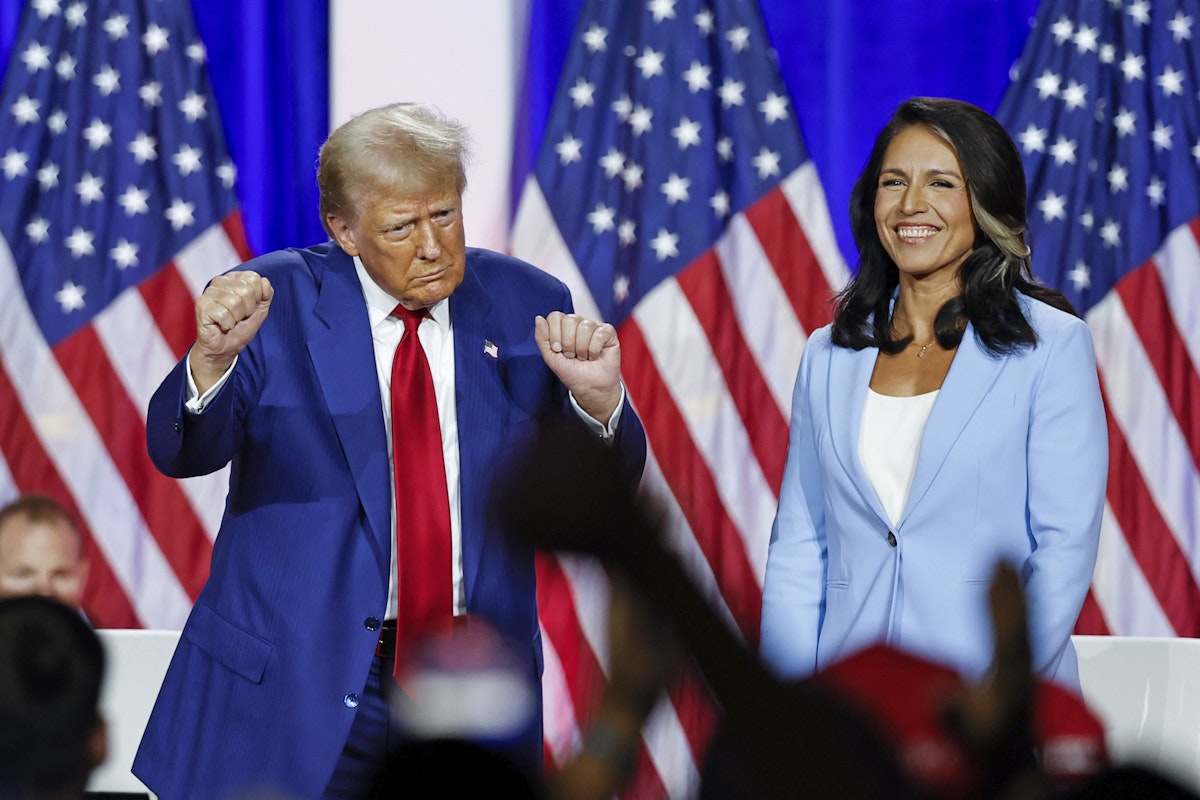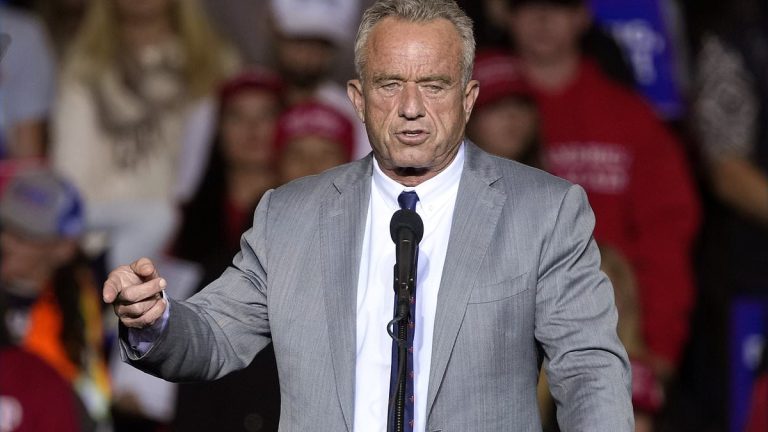The Trump Administration has taken many controversial turns, and its latest move falls in line with this pattern. On Wednesday, Donald Trump nominated Tulsi Gabbard as the new Director of National Intelligence, marking an unusual step given her background. Gabbard, a former candidate for the Democratic Presidential Nomination, has now changed sides and is a registered Republican. The announcement of her appointment has received mixed reactions, with some expressing disbelief and concern over this unexpected development.
Gabbard is known for her unconventional political trajectory. A veteran who served in the Iraq War, she was hailed as an outlier within the Democratic Party due to her progressive stand on certain domestic policies and her anti-interventionist approach towards foreign policies. She has long been a subject of controversy and intrigue, particularly due to her decision to meet with Syrian Dictator Bashar al-Assad, resulting in a political backlash.
Her nomination as the next Director of National Intelligence is baffling, if not disturbing. The decision brings into question the parameters for appointing individuals to high-ranking positions within the government—positions that should ideally be accorded to experienced and insightful individuals who understand the nuances of intelligence and national security.
In Trump’s announcement of Gabbard’s nomination, he touted her broad support in both parties as a unique strength. Given her controversial career so far, this claim falls flat. While it’s true that Gabbard has some level of bipartisan appeal, it’s also worth noting that she’s been a divisive figure within her own party. Many Democrats have objected to her policy views and foreign dealings. Although she may have crossed over to the Republican Party, her nomination threatens to further polarize an already divided political landscape.
Furthermore, Gabbard’s stance on intelligence-related matters remains unclear. What message does Trump intend to send by nominating an individual with such a contentious history to a vital position where the nation’s security is involved?
Many critics regard this as a deliberate, calculated move from Trump to stoke chaos. It caters to a pattern that has marked his administration – unexpected, controversial decisions that result in heightened tensions and create divisions among not just the parties, but the masses as well.
Gabbard’s nomination, however, is not a guarantee of her final appointment. She will face Senate confirmation, a process that will surely not be smooth sailing given her questionable track record. As such, this could be another situation where Trump’s nomination does not transition into a confirmed appointment.
The implications of Gabbard’s potential appointment cannot be underestimated. If confirmed, she will play a critical role in safeguarding national security. Her ability and suitability to do so, however, are, at the very least, suspect. Given her controversial political past and her evident divergence from both parties’ mainstream views, her addition to Trump’s cabinet can be seen as a negative development—taking an administration that is already on shaky ground further down an uncertain path.
In conclusion, Gabbard’s nomination does nothing to rectify the established narrative of Trump’s imprint on American political landscape. It perpetuates the never-ending cycle of controversies and questionable decisions, further cementing the unpredictability that typifies Trump administration.



